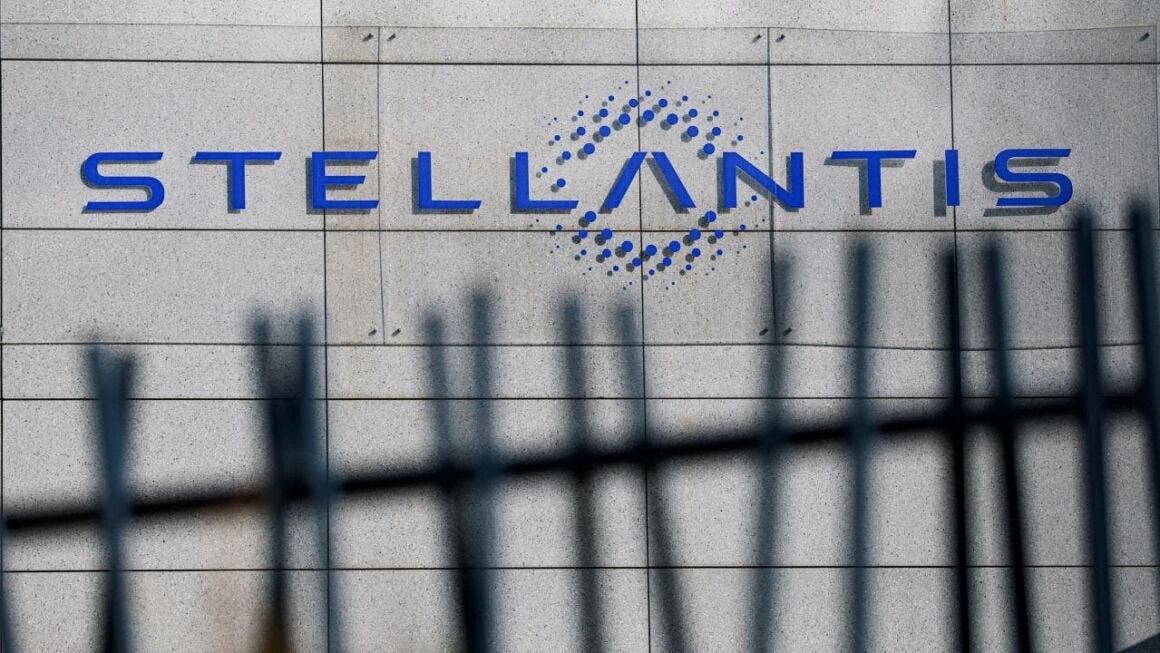According to Maxime Picat, Chief Operating Officer of Stellantis for Asia Pacific, Middle East, and Africa, and among the favorites for the CEO position of the automotive group along with Antonio Filosa, the outlook is not rosy for Western automakers in the Chinese car market. During the FT Future of the Car conference, he admitted not having much hope in this regard. Picat highlighted how Chinese brands have decisively gained ground, not only in the electric vehicle sector but also in combustion engine cars. Western companies are left with only one niche: mid-range combustion engine C-segment cars.
Are Western automakers’ days numbered in China?

“I was shocked,” said Maxime Picat, commenting on the offensive of Chinese brands across all vehicle categories. “Western brands find themselves with the C-segment with combustion engines. But it won’t last long.” In 2020, foreign auto brands controlled 64% of the Chinese market. Today, that share has drastically reduced to 32%, marking an epochal change. BYD has conquered the top of sales, surpassing Volkswagen, which for years had maintained a dominant position on China’s roads.
The overtaking is not just numerical: local brands have been able to better respond to market needs, offering vehicles that are not only more accessible in terms of price but also equipped with cutting-edge technologies and contemporary, appealing design. Exactly what today’s increasingly demanding and attentive Chinese consumers desire. Therefore, the alarm raised by Maxime Picat could be genuinely well-founded.
While many Western automakers, including Stellantis, have reduced their activities in China, some, like Volkswagen, continue to invest. The German company recently announced a further investment of 2.5 billion euros and the opening of a new plant, promoting its “in China, for China” strategy. Returning to Stellantis, the automotive group has acquired a 20% stake in the Chinese startup Leapmotor, supporting its expansion both locally, but especially abroad.
